Photo: AA/File
Click to read the article in Turkish
Greece aims to resolve the Cyprus problem and prevent "a second Turkish invasion," the country's President Katerina Sakellaropoulou said yesterday (September 21) during a visit to Cyprus.
At a joint press conference with President of Southern Cyprus Nicos Anastasiades, Sakellaropoulou remarked, "The unwavering focus on this peaceful goal ... strengthens Greece, unites, rallies, and mobilizes my country's social and political forces," according to Cyprus Mail.
Calling for the abolition of the "obsolete and unsustainable" system of guarantees and unilateral rights of intervention in Cypriot affairs, Sakellaropoulou said, "The main aim today is the resumption of negotiations when the suitable conditions are created."
Turkey's stance in the Eastern Mediterranean crisis isolates itself in the international area, Greece's President also asserted, according to Kıbrıs Postası, a Northern Cyprus based outlet in Turkish.
In response to Sakellaropoulou, Turkey's Vice-President Fuat Oktay said that her accusation against Turkey was a "funny and futile propaganda effort, and also a provocation."
He said if Greece and Southern Cyprus saw the truth and intended to hold talks on the two-sovereign-state solution in Cyprus Island, Turkey would support the initiative.
Turkey's intervention in the Cyprus crisis in 1974 resulted in the de-facto separation of the island and the problem has not been solved since then despite several diplomatic attempts.
Timeline of the Eastern Mediterranean crisisThe tension between Turkey and Greece over their right to explore energy resources in the Eastern Mediterranean has seriously escalated over the last months. The latest developments leading to this escalation are briefly as follows: On July 21, Turkey issued its first Navtex alert for Oruç Reis seismic vessel's exploration activities in the Eastern Mediterranean. On July 28, Turkey announced after Germany's diplomatic efforts that it suspended hydrocarbon exploration activities and stated that it was ready to talk with Greece. On August 6, Greece and Egypt signed a maritime border agreement. On August 10, Turkey announced that its drillship Oruç Reis would resume energy exploration in the Eastern Mediterranean. It said the ship will continue its work along with the ships Cengiz Han and Ataman until August 23. On August 14, the EU foreign miniters discussed the crisis at an extraordinary meeting, calling on Turkey to end hydrocarbon exploration activities in contested waters. On August 16, Turkey issued a Navtex, announcing that its drill ship Yavuz will continue its work exploring for energy resources off the island of Cyprus. On August 23, Turkey issued another Navtex, stating that the Oruç Reis vessel would continue its activities until August 27. On August 24, Greece held joint naval drills with the US in the south of Crete island. One day later, Turkey conducted naval exercises with Italy. On August 25, Germany's Minister of Foreign Affairs Heiko Maas visited Athens and Ankara to encourage the two countires to have direct talks. On the same day, Turkey held replenishment exercises with Italy in the Eastern Mediterranean. On August 26, US President Donald Trump had phone talks with President Recep Tayyip Erdoğan and Prime Minister of Greece Kyriakos Mitsotakis, urging them to reduce tensions and start dialogue. On the same day, Turkey and the US conducted joint maritime exercises. On August 27 and 28, EU foreign ministers met with the Eastern Mediterranean crisis on the top of their agenda. The Union's foreign polict head Josep Borrell said after the meeting that Turkey's ships might be sanctioned if they continued hydrocarbon activities. Turkey's Ministry of National Defense on August 28 announced that it intercepted six F-16 fighters planes of Greece, which it said were closing in on the area where Turkey issued a Navtex. On September 1, the US lifted the arms embargo on Southern Cyprus. On September 2, Turkey issued two Navtex alerts for Russia's gunnery exercises in the Eastern Mediterranean. It was stated that Russia would conduct exercises in two different areas that correspond to Turkey's hydrocarbon exploration activities on the east and west of the Cyprus island. On September 3, NATO Secretary General Jens Stoltenberg said, "Following my discussions with Greek and Turkish leaders, the two Allies have agreed to enter into technical talks at NATO to establish mechanisms for military deconfliction to reduce the risk of incidents and accidents." On September 4, Prime Minister of Greece Kyriakos Mitsotakis said that Greece would only enter into a dialogue with Turkey if it "stops provocations" in the Eastern Mediterranean. Shortly before this statement, Turkey's Foreign Ministry stated, "Turkey is ready to enter into dialogue with Greece without any preconditions." On September 10, military delegations from Turkey and Greece had technical talks at NATO headquarters to prevent military engagement. On Septemebr 15, issuing a new NAVTEX alert for the Chios Island of Greece, Turkey argued that Greece had militarized Chios Island in violation of the 1923 Lausanne Peace Treaty. The military delegations from the two countries held the second technical meeting. On September 17, the European Parliament warned Turkey of sanctions if it continues its hydrocarbon exploration activities. On September 18, Turkey summoned Greece's envoy over a newspaper headline about President Erdoğan. On September 21, the US stated that it does not consider the Seville Map on the maritime borders of Turkey and Greece as a document that has legal significance. |
(PT/VK)




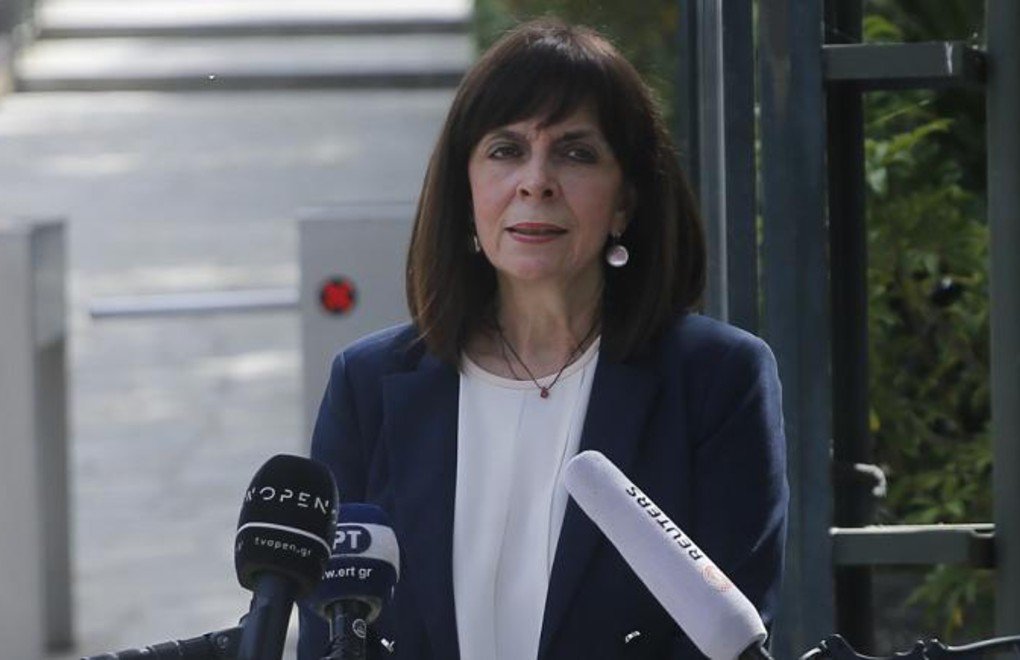
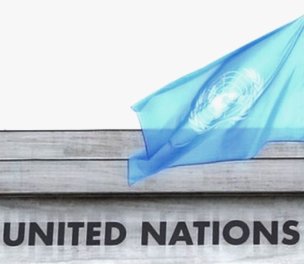

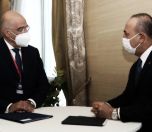

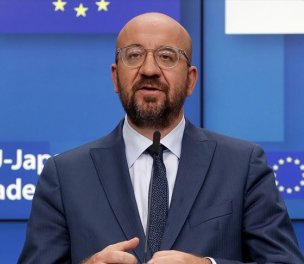
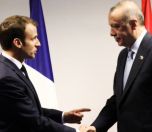
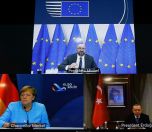
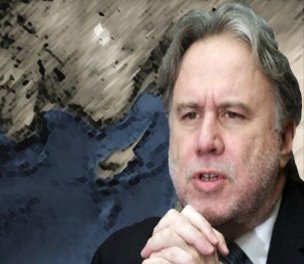
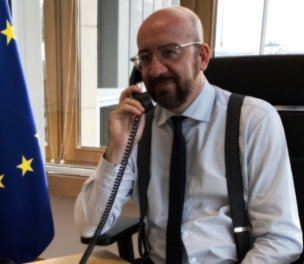
sa.jpg)